In terms of defending Christianity and Christian values, what can we learn from each other?
I think we should communicate with each other. I have many friends in the Czech Republic who have visited Germany, Austria, USA and Poland many times. What is happening there is incomprehensible to me, so I decided to visit Budapest. I think this is a much more important event to visit than Paris or Brussels, especially since I never go to Brussels.
What do you think of Hungary’s policy on child protection and gender affairs which are debated topics these days?
These are very sensible, essential, and unavoidable politics. To my regret, my country along with most European countries that do not accept the Western European approach to gender and families, do not have the kind of protections that Hungary has implemented
Brussels likes to have a say in affairs that they have nothing to do with – take for example the Hungarian constitutional amendments. What do you think of these attempts to intervene?
You know, my feelings against the European Union are well-known. Everything that Brussels does is bad – why would this not be true? If we are already on this point: a half hour ago as I was sitting here, I got an SMS from a Czech press agency. It stated that the European Commission decided to punish the Czech Republic. The reason being that they did not fully implement the 2018 directive on audio-visual broadcasting. Brussels announced that they will bring the case to the European Court of Justice. This is entirely unacceptable to me.
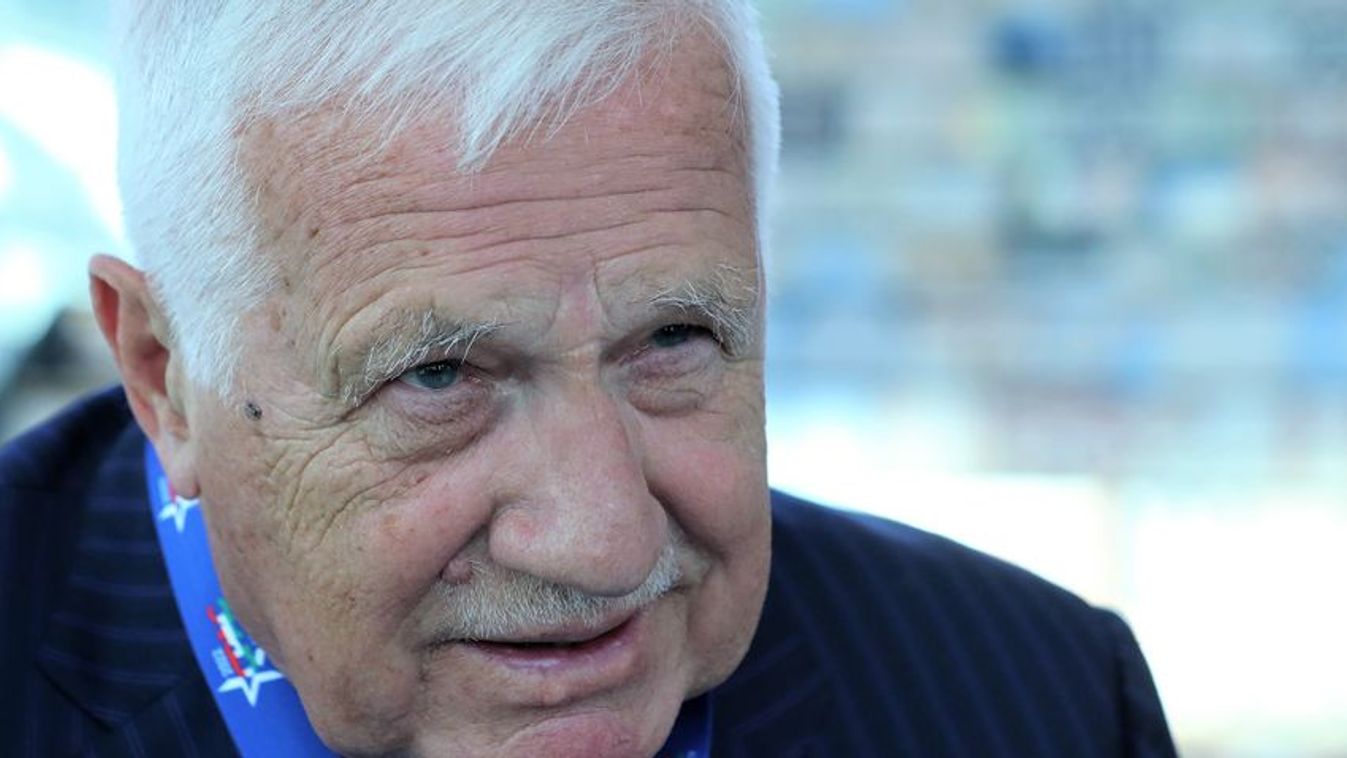

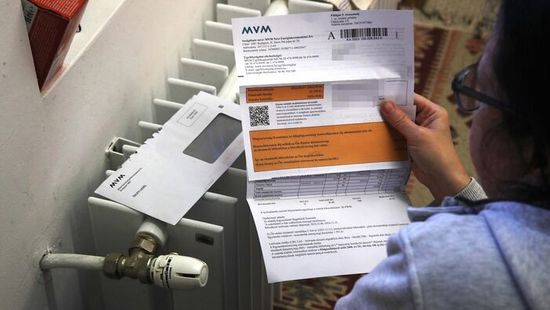
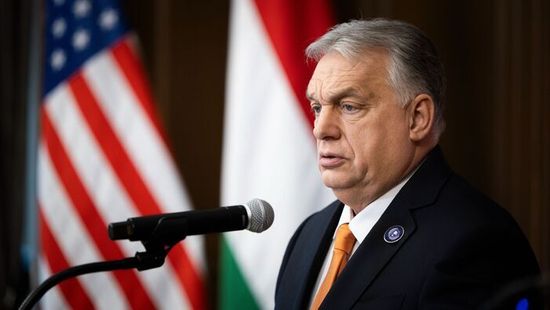
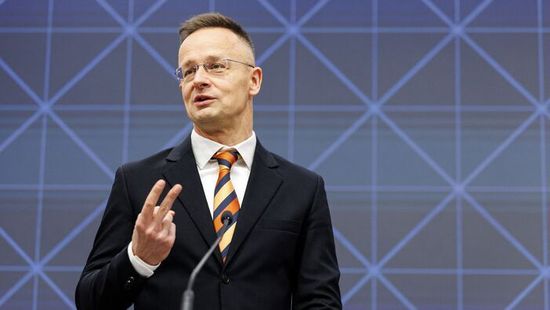

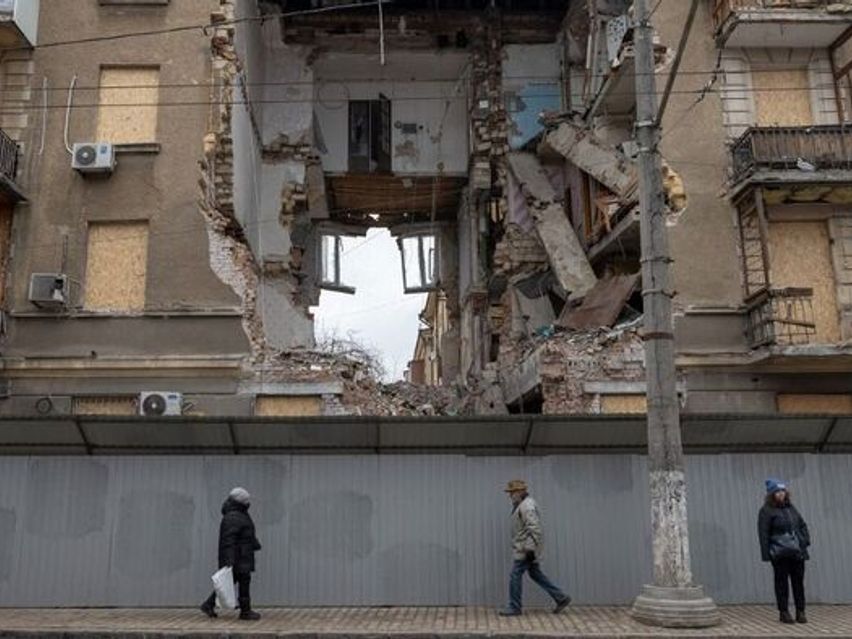
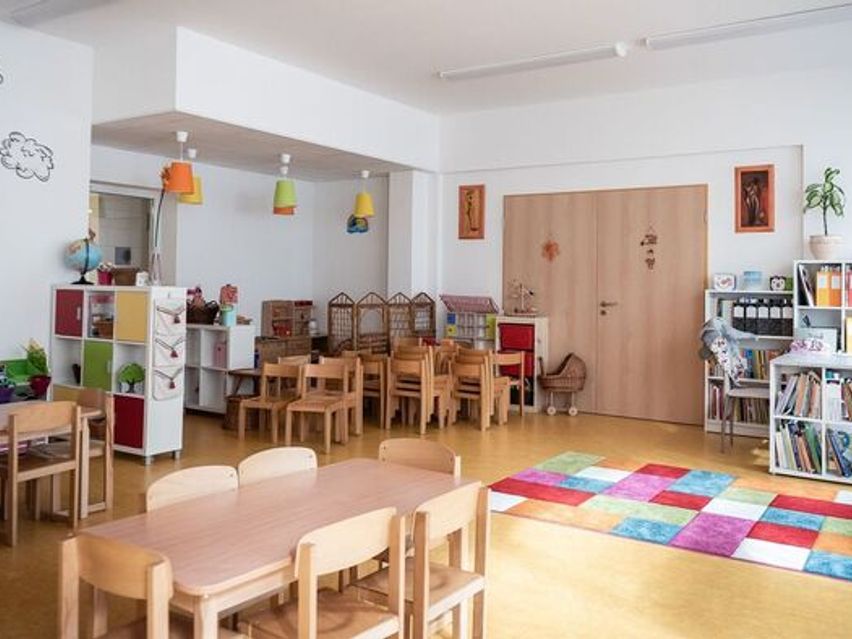
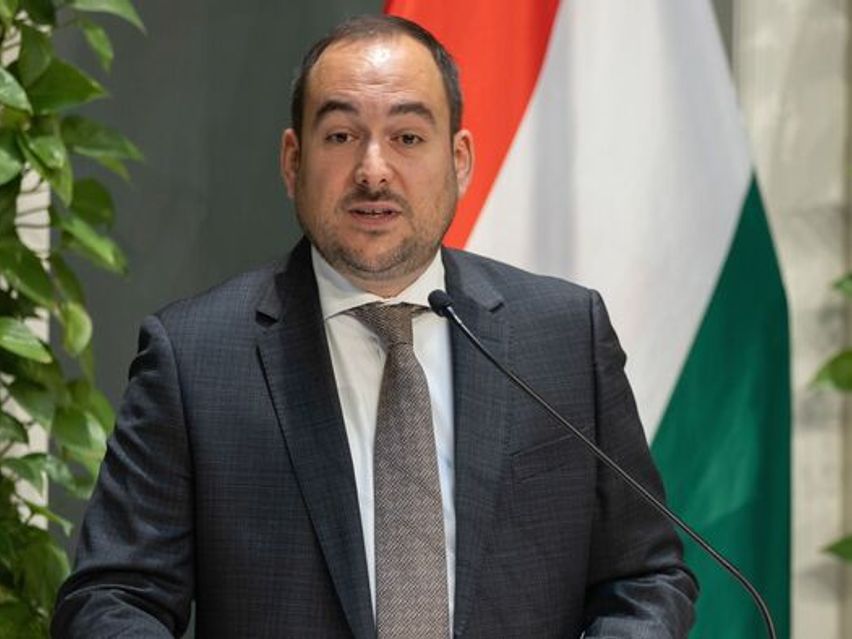
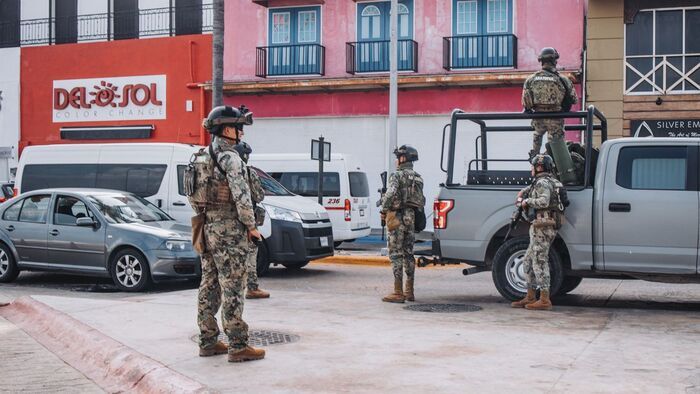


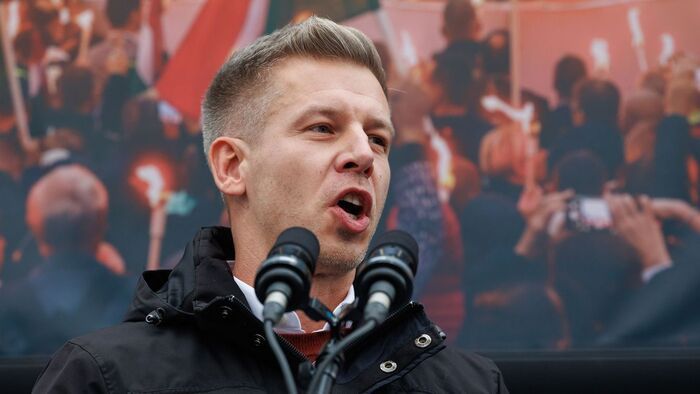
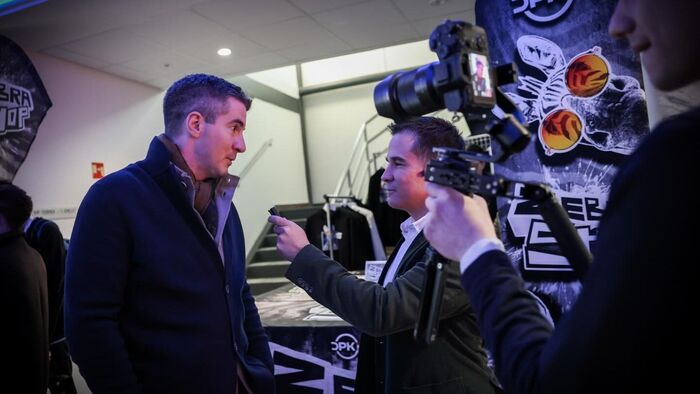
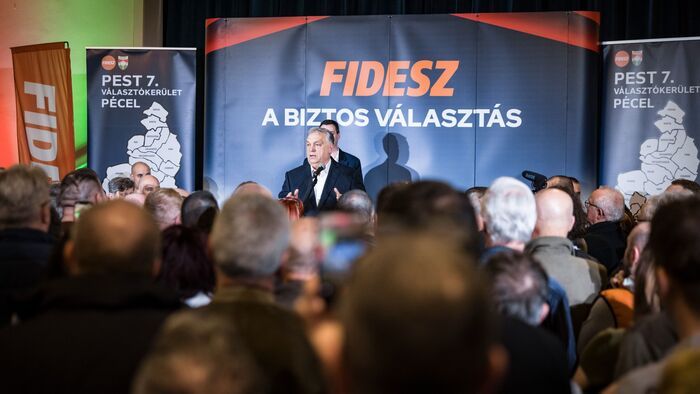
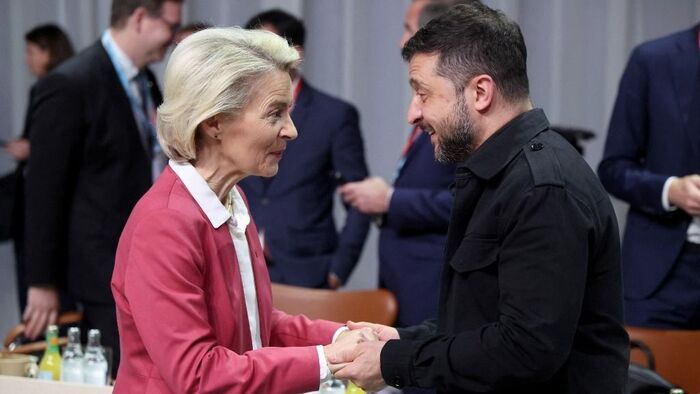

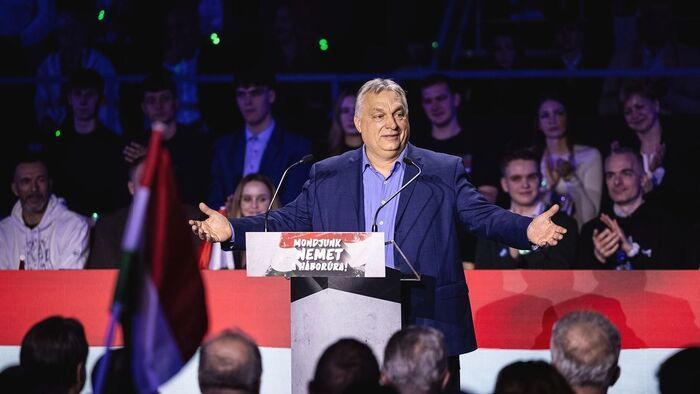
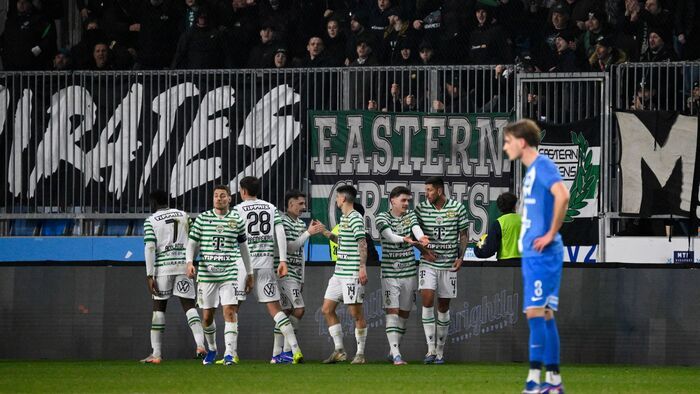
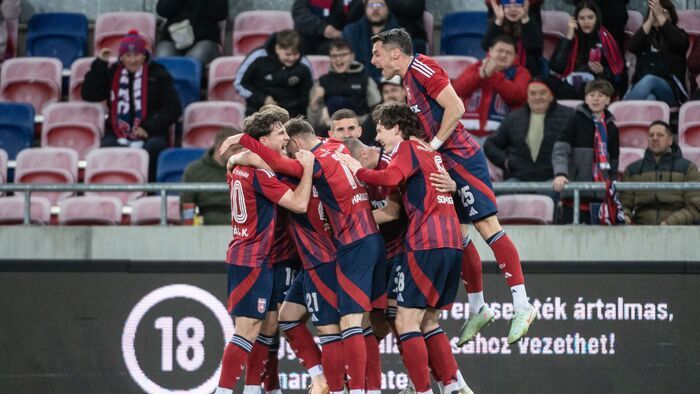
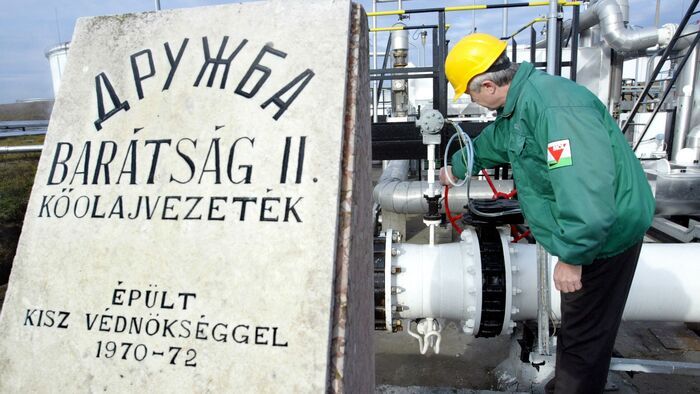

Szóljon hozzá!
Jelenleg csak a hozzászólások egy kis részét látja. Hozzászóláshoz és a további kommentek megtekintéséhez lépjen be, vagy regisztráljon!